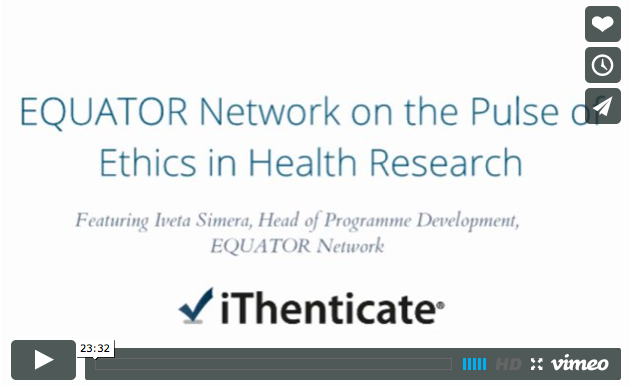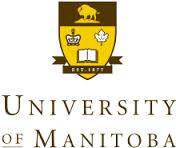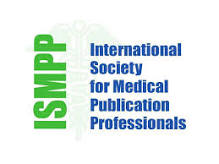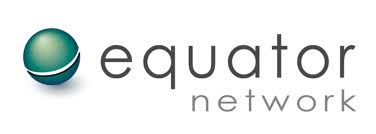Last month, Buzzfeed, an online publication best known for its viral content, fired Benny Johnson, a politics editor, over accusations of plagiarism. Shortly thereafter, thousands of Buzzfeed articles began to disappear from the site. Though Buzzfeed editor-in-chief Ben Smith said that the move was done by the reporters themselves, asking them to save and update the things they cared about while deleting the rest.
Menu
-
Solutions
-
Our Solutions
-
AcademicSurface potential plagiarism prior to publication with iThenticate’s expansive content database.
-
AdmissionsScreen personal essays for potential plagiarism and help ensure the highest level of integrity even before matriculation.
-
GovernmentEnsure the originality of public-facing content, from legal documents to grant applications, and reporting.
-
MedicalPrevent invalid findings dissemination, grant misconduct, and improper medical practices.
-
PublishingProtect your journal’s reputation by publishing only the highest quality articles.
-
-
Resources
-
Our Resources
-
FAQFind the answers to the commonly asked questions about how iThenticate works.
-
Content DatabaseComprehensive coverage you can trust across the internet, scholarly articles, and industry papers.
-
GuidanceSearch our comprehensive site for the launch, integration and usage information.
-
-
Pricing
-
Login
-
Buy Credits


 Until recently, he was also responsible for writing the yearly book “Wimbledon: The Official Story of The Championships”, a coffee table book that recaps the previous year’s tournament and is sold both at the Wimbledon gift shop and online.
Until recently, he was also responsible for writing the yearly book “Wimbledon: The Official Story of The Championships”, a coffee table book that recaps the previous year’s tournament and is sold both at the Wimbledon gift shop and online.





